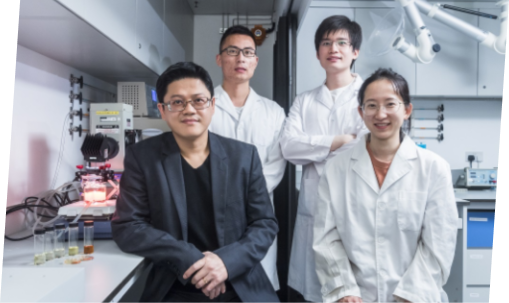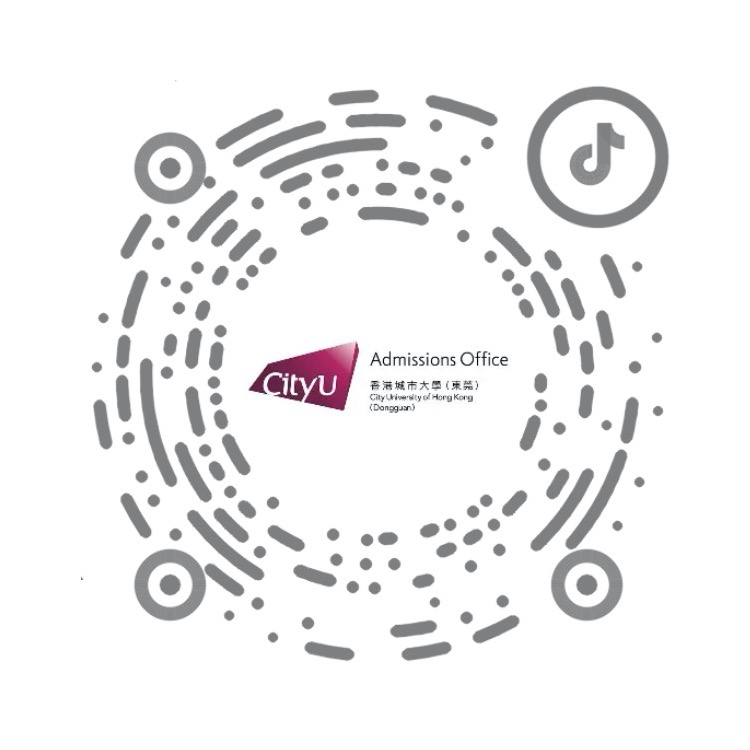
Introduction to the profession
Materials Science and Engineering
材料科学与工程
This major is designed to equip students with a comprehensive understanding of the production, characterization, and service performance of engineering materials. Graduates will emerge as proficient communicators, skilled in computer literacy, language proficiency, and quantitative thinking, with a strong ability to critically analyze problems. They will be prepared to contribute their specialized expertise alongside other engineering professionals in the design, manufacture, maintenance, testing, and safety of engineering components, devices, structures, and process plants. Graduates will also demonstrate an awareness of their professional context and assume responsibility for their personal and professional development. Furthermore, they will be capable of integrating the knowledge acquired through their studies to support at least one original discovery or creative design relevant to materials engineering.
Computer Science
计算机科学与技术
This major aims to provide the best possible undergraduate education with a well-balanced emphasis on computer science theories, practical hands-on development skills as well as software engineering management know-how needed to manage or work as a member of a software development team. Through in-depth lectures and rigorous tutorials, laboratory work, projects and case studies, students will acquire a broad and thorough understanding of the theories and practical skills behind software design and development, software engineering, database systems, computer networks and information security.
Energy Science and Engineering
能源与动力工程
This major is designed to cultivate a new generation of intellectuals and graduates equipped to tackle complex challenges such as the energy crisis, renewable energy adoption, global warming, climate change, and pollution. By transcending the limitations of traditional academic disciplines, this holistic educational approach is essential for addressing future energy security and environmental concerns on both local and global scales.
Intelligent Manufacturing Engineering
智能制造工程
This major emphasizes the integration of basic knowledge in intelligent manufacturing systems, innovative process design and automation, advanced manufacturing technologies, systems modeling and optimization, and quality and reliability engineering, with particular emphasis on electronics and semiconductor manufacturing. This multi-disciplinary program aims to produce graduates capable of using cutting-edge engineering knowledge, computational, experimental and analytical techniques to plan, design, implement and improve technology-based manufacturing and operations systems and enterprises.
Data Science
数据科学与大数据技术
The programme provides essential trainings like quantitative knowledge, statistics, data mining technology and computing tools for emerging real-world applications.
In an inter-professional setting, students are given the tools to build theoretical and methodological knowledge in data science, communication skills and ethic awareness.










